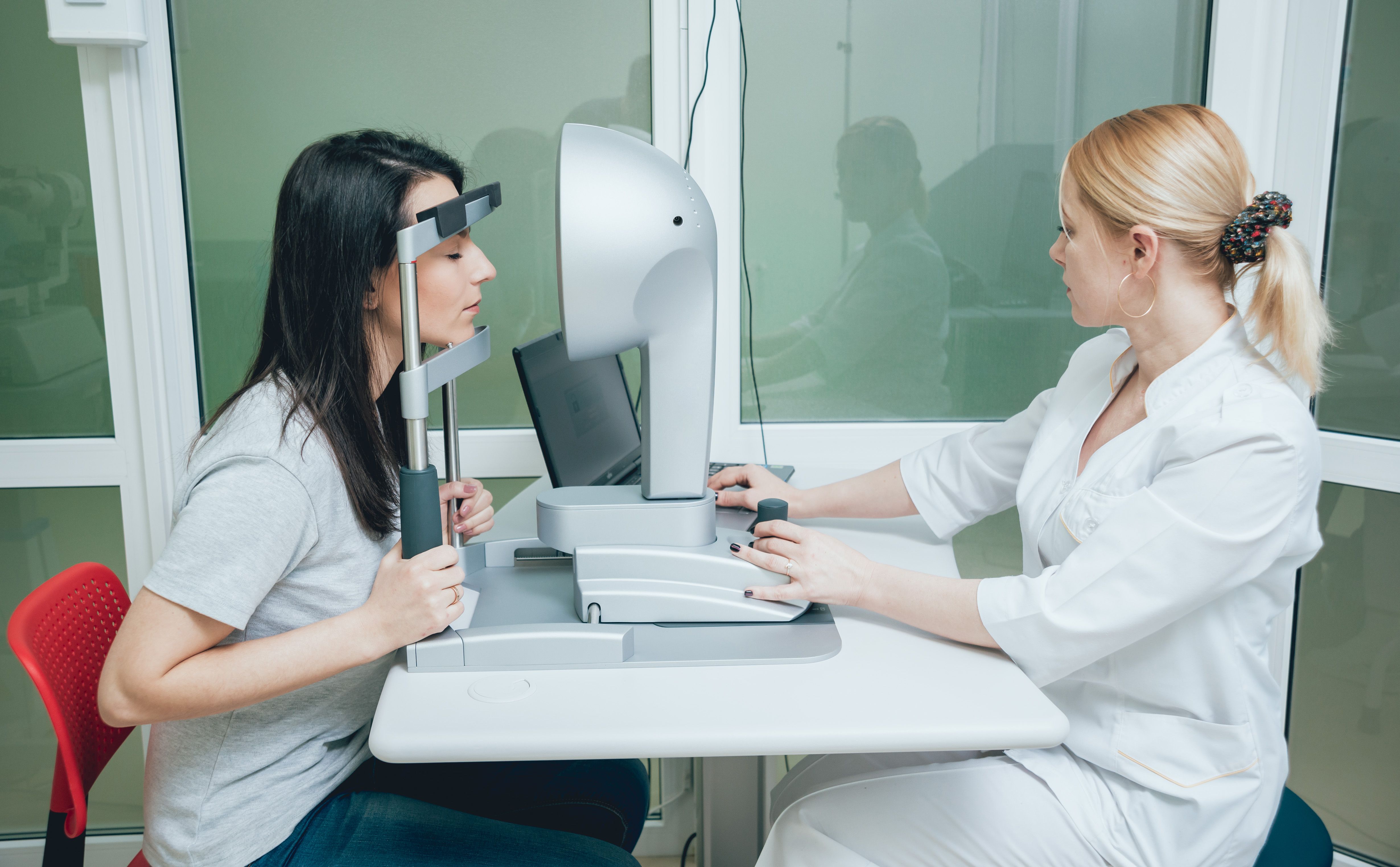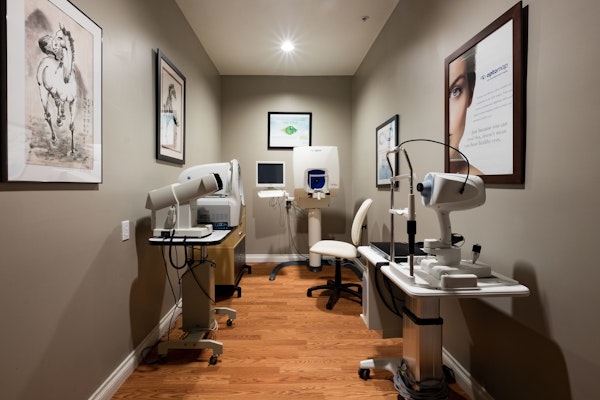Why “No More Eye Exams after LASIK” Is a Myth
 LASIK surgery corrects a variety of vision problems, making it possible for many patients to see clearly without contacts or eyeglasses. Because they no longer need to wear contacts or glasses after LASIK, some patients believe they also no longer need to have eye exams, but that is not true.
LASIK surgery corrects a variety of vision problems, making it possible for many patients to see clearly without contacts or eyeglasses. Because they no longer need to wear contacts or glasses after LASIK, some patients believe they also no longer need to have eye exams, but that is not true.
Eye exams are essential for eye health and play an important role in protecting and maintaining vision. With this in mind, Dr. Gordon G. Wong and Dr. Wildon C. Wong would like to take a closer look at the LASIK myth of no more eye exams and why patients throughout La Jolla, CA, Carmel Valley, CA, and San Diego, CA, should continue to schedule eye exams even after LASIK.
Why Are Eye Exams Necessary?
LASIK is highly effective at improving vision, which leads some to believe that they will no longer need to schedule eye exams after they have undergone the LASIK procedure–however, this is just a myth.
Eye exams are still necessary and important for eye health and protecting vision. By identifying eye conditions early, it may be possible to treat such issues and stop or slow their progression.
Eye Conditions Detected by Eye Exams
Eye conditions that may be identified during an eye exam include cataracts, glaucoma, and macular degeneration.
Cataracts
Cataracts are a clouding of the lens of the eye that can occur as people age. Cataracts can begin to form as early as a person’s 40s. Cataracts can’t be stopped but if they are monitored through regular eye exams, they may be treated with surgery once their impact on vision is too great.
Glaucoma
Glaucoma is a condition that causes damage to the optic nerve. Without treatment, it can cause vision loss and blindness. Vision loss from glaucoma cannot be restored but with early detection it is often possible to slow the disease’s progression and protect vision.
Macular Degeneration
Macular degeneration is a condition in which the center of the retina deteriorates and causes a loss of central vision. Dilating the eyes and scanning the retina with special imaging equipment during an eye exam can help identify macular degeneration early.
Eye Exams Can Identify Early Signs of Certain General Health Issues
Not only are eye exams important for identifying various eye conditions, they can also help identify the first signs of certain general health issues, such as:
- High blood pressure
- Diabetes
- Thyroid disease
- Autoimmune conditions
How Often Should I Undergo an Eye Exam?
LASIK surgery improves vision but it only addresses refractive errors, or imperfections in the shape of the eye that causes vision to be blurry. If eye exams are skipped because vision is improved, any underlying conditions may go undiagnosed until they become a serious problem and greatly impact vision.
For this reason, it is important that eye exams are not skipped after LASIK surgery. LASIK patients should schedule an exam once a year or every other year. However, those who have a family history of issues such as glaucoma or macular degeneration or have noticed vision problems, may need more frequent eye exams.
Schedule Your Next Eye Exam
A consistent eye exam schedule after LASIK surgery is key to a lifetime of optimal eye health. To schedule your next eye exam, call GW Eye Associates at (858) 283-5793.







